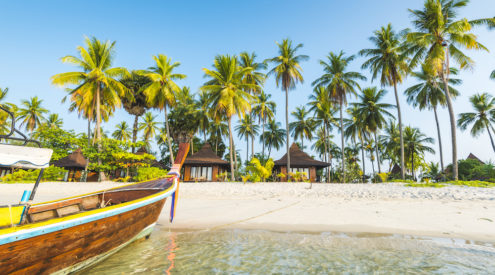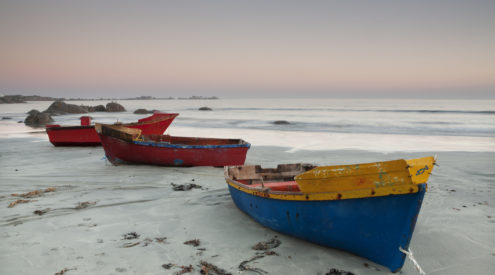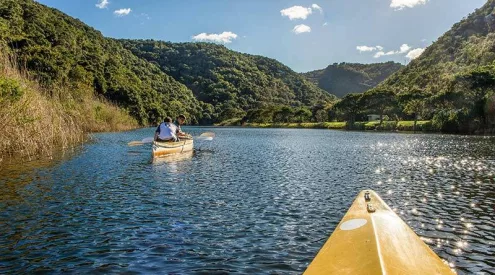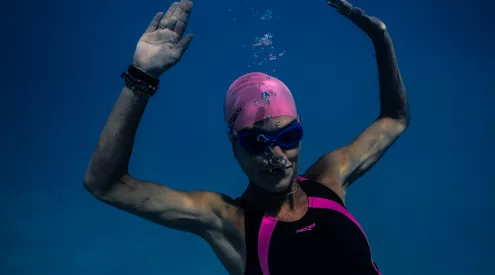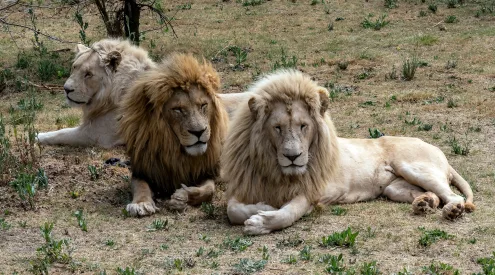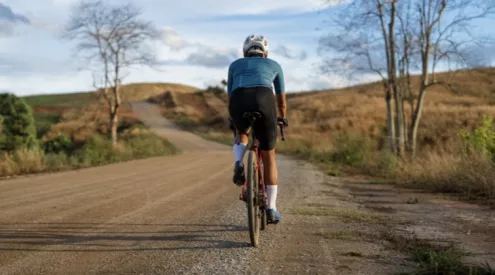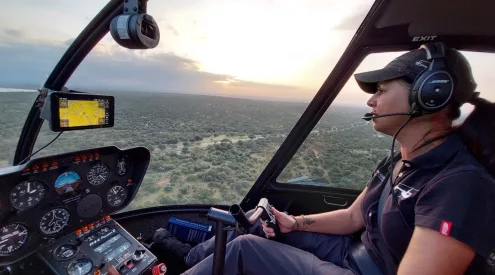A recent study from the University of Newcastle has found that humans, on average, consume roughly a credit card’s worth of plastic each week.
This amounts to about 5g a week, which is ingested as microplastics through bottled – and tap water.
The study, which was commissioned by the World Wide Fund for Nature (WWF) found that most plastics are ingested through conduits like water, shellfish, beer and salt.
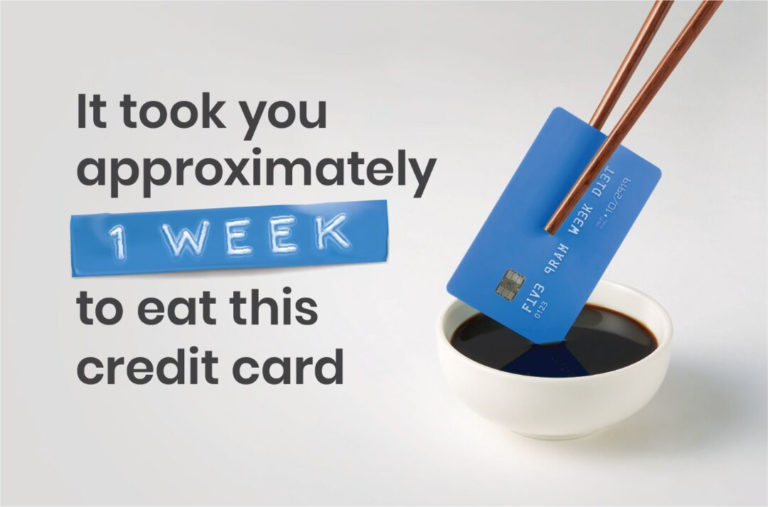
Image: WWF
‘These findings must serve as a wake-up call to governments. Not only are plastics polluting our oceans and waterways and killing marine life – it’s in all of us and we can’t escape consuming plastics. Global action is urgent and essential to tackling this crisis,’ said Marco Lambertini, WWF International Director General.
Despite some innovation with cultivated bacteria and enzymes that ‘eat’ plastic, this isn’t a long-term solution and doesn’t solve the growing problem of plastic pollution.
‘While the awareness of microplastics and their impact on the environment is increasing, this study has helped to provide an accurate calculation of ingestion rates for the first time. Developing a method for transforming counts of microplastic particles into masses will help determine the potential toxicological risks for humans moving forward,’ commented Dr Thava Palanisami, the project co-lead and microplastics researcher at the University of Newcastle.
Some stats on plastic pollution:
- Overall CO2 emissions from the plastic life cycle are expected to increase by 50%, while the CO2 increase from plastic incineration is set to triple by 2030, due to improper waste management choices
- 8 million tonnes of plastic pollution ends up in the ocean every year
- An additional 104 million metric tons of plastic is at risk of leakage into our ecosystems by 2030 without a drastic change in approach
- Since 2000, the world has produced as much plastic as all the preceding years combined, a third of which is leaked into nature
- More than 270 wildlife species have been documented as having been harmed by entanglement, while more than 240 species have been found to have ingested plastics
Also read: LEGO goes green with plant-based bricks



